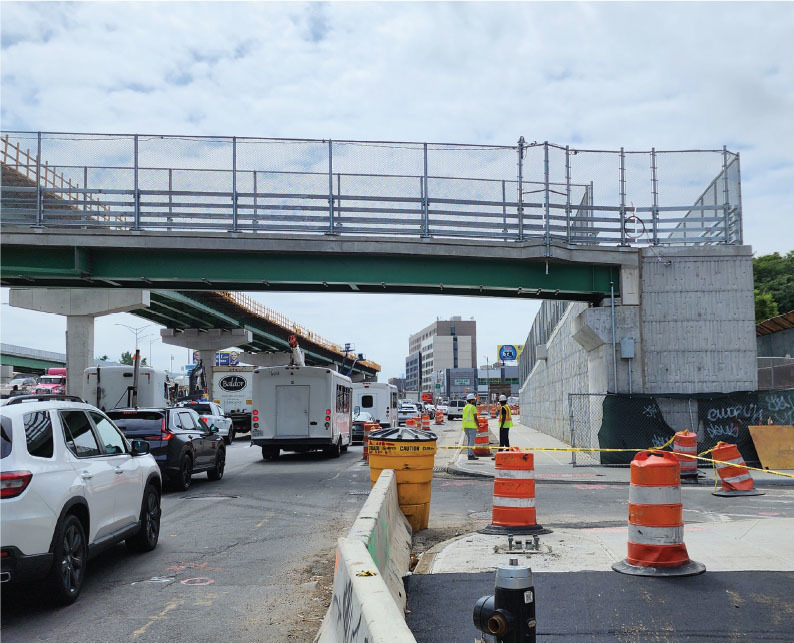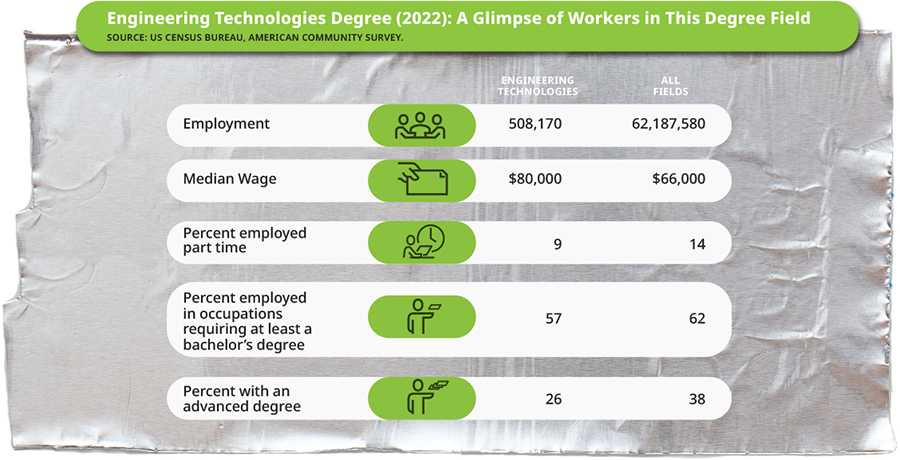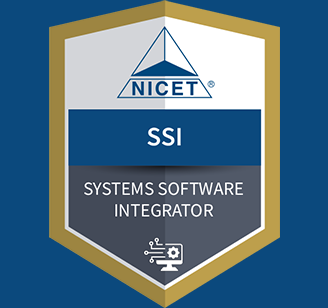December 2013
PE REPORT
North Carolina PEs Gain QBS Victory
North Carolina design professionals gained a victory for supporters of qualifications-based selection with the enactment of a new law permitting all state and local government agencies to use design-build and enter into public-private partnerships on construction projects.
The Professional Engineers of North Carolina worked with the American Institute of Architects to secure a QBS provision in the bill (H.B. 857). Under the new law, all state and local government units must announce all requirements for architectural, engineering, surveying, and construction services to firms qualified to provide services based on demonstrated competence without regard to fee, which will be negotiated with the best qualified firm.
Although North Carolina requires the use of QBS in the procurement of design services, a legal loophole has allowed public entities too much flexibility to exempt themselves from using QBS criteria on projects, says PENC Executive Director Betsy Bailey. The new law changes the exemption, which can only be used for projects with estimated costs of $50,000 or less.
The legislation also permits local jurisdictions to use design-build methods and enter public-private partnerships for construction projects without being required to seek special legislative authorization for each project. The allowance for public-private partnerships will provide an alternative financial resource when the resources of the government entity are too limited to carry out a capital building construction project.
Over the years, every piece of legislation submitted by a locality seeking approval for a design and construction project was a concern for PENC, particularly if the project didn’t include the use of QBS as a vehicle for fair and open competition. The legislation, sponsored by State Representative Dean Arp, P.E., provided an opportunity for PENC to work with various stakeholders to strengthen QBS in the state. “This law married this effort with something that our local governments wanted, which is statewide design-build authority, and the public-private partnerships that our legislature wanted,” says Bailey. “By putting all of these together, we were successful because every stakeholder got something out of it.”
NSPE strongly recommends that in any public sector design-build project, the procurement of design-build services always follows the two-phase selection process defined by the Federal Acquisition Reform Act of 1996. The Society also believes that qualifications should play a significant role in this selection process and that factors other than construction costs must be evaluated.


 Volunteering at NSPE is a great opportunity to grow your professional network and connect with other leaders in the field.
Volunteering at NSPE is a great opportunity to grow your professional network and connect with other leaders in the field. The National Society of Professional Engineers (NSPE) encourages you to explore the resources to cast your vote on election day:
The National Society of Professional Engineers (NSPE) encourages you to explore the resources to cast your vote on election day:










